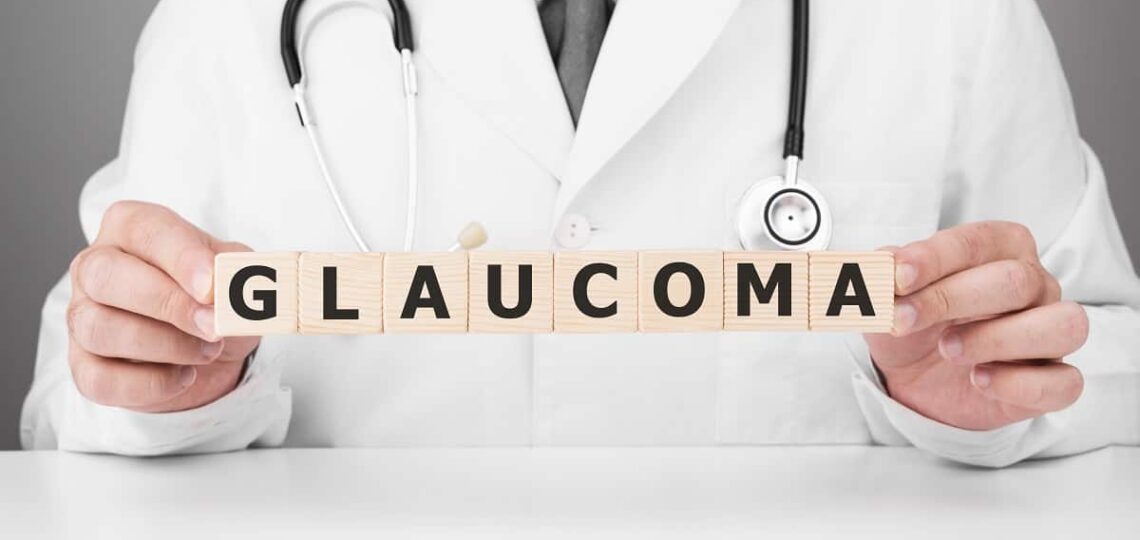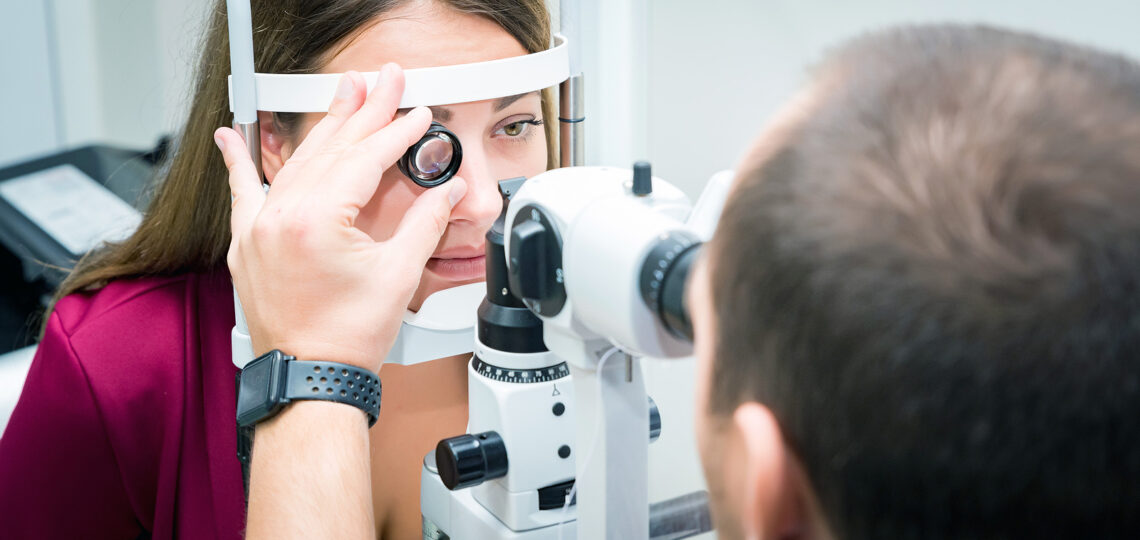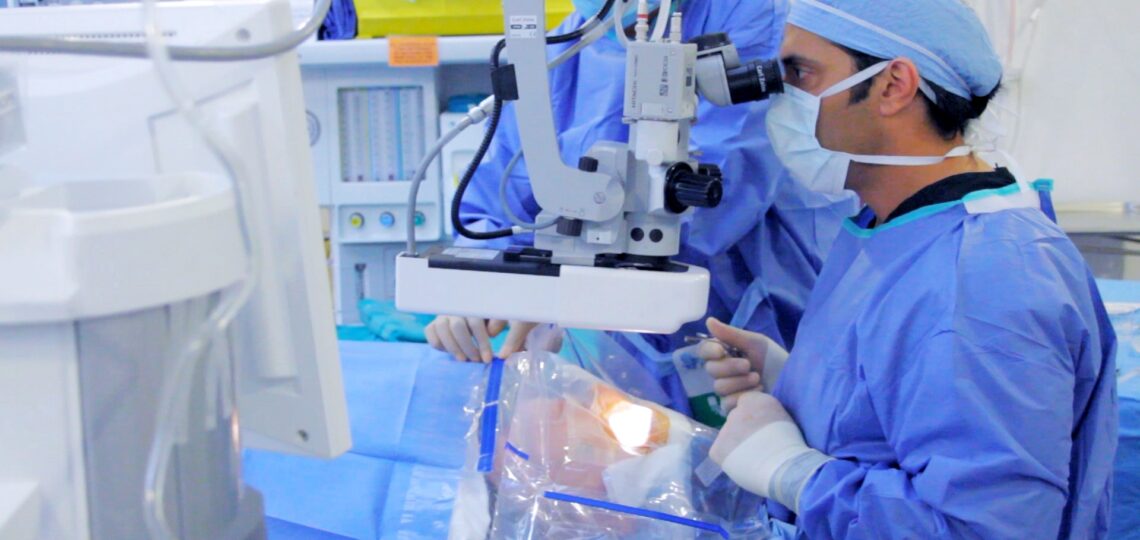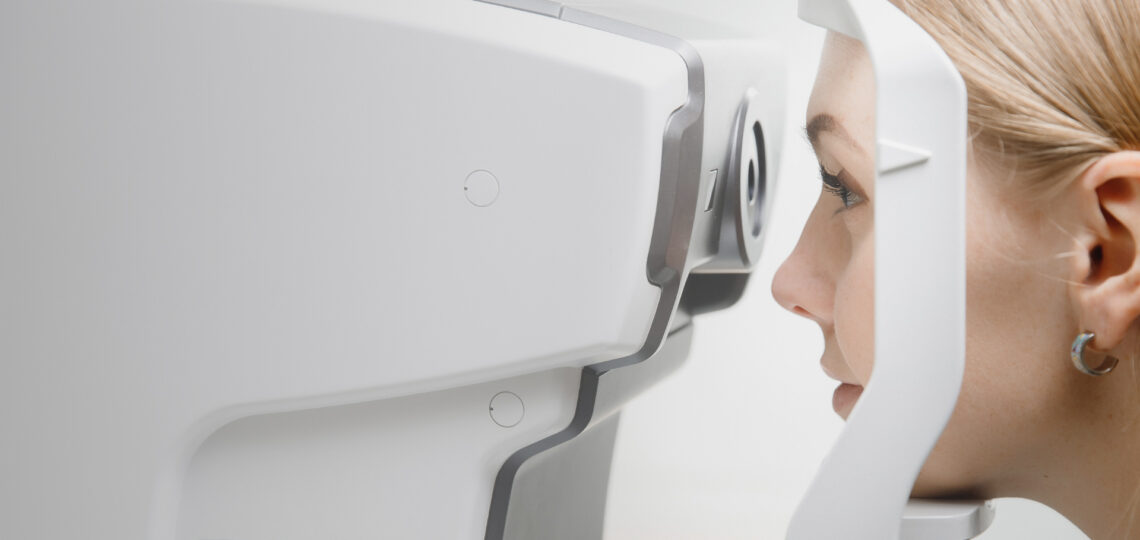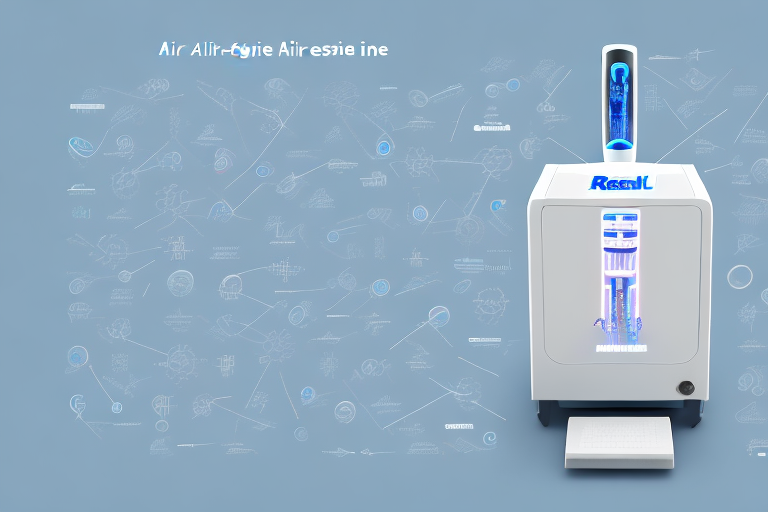Glaucoma is a serious eye condition that can cause vision loss if left untreated. Understanding glaucoma, recognizing its symptoms, knowing the risk factors, and getting a proper diagnosis are key to managing the disease effectively. In this comprehensive guide, we will explore all you need to know about glaucoma symptoms and treatment options. Understanding Glaucoma Glaucoma is a group of eye diseases that damage the optic nerve, which connects the eye to the brain. It is often associated with high intraocular pressure (pressure inside the eye) and can gradually lead to vision loss. Without early detection and treatment, glaucoma can result in permanent vision impairment. Glaucoma is a complex and multifaceted condition that requires regular eye examinations to…
Author: Chelsea Crane
Regular eye tests are an essential part of maintaining good eye health and detecting potential vision problems early on. One such condition that can be detected through regular eye tests is glaucoma. Glaucoma is often referred to as a silent threat to vision because it can develop without any noticeable symptoms in its early stages. Understanding glaucoma and the importance of regular eye tests is crucial in preventing irreversible vision loss. Understanding Glaucoma: A Silent Threat to Vision Eye Tests Glaucoma is a group of eye conditions that damage the optic nerve, which is responsible for transmitting visual signals from the eye to the brain. If left untreated, glaucoma can lead to permanent vision loss and even blindness.…
Have you ever dreamed of having crystal clear vision without the need for glasses or contact lenses? With the advancements in modern medicine, this dream can become a reality through LASIK surgery. LASIK, which stands for Laser-Assisted In Situ Keratomileusis, is a widely popular procedure that has helped millions of people achieve their desired vision. In this comprehensive article, we will take you on a journey to explore the world of LASIK surgery, from understanding the procedure to evaluating its success. So fasten your seatbelt and get ready for the ride of a lifetime! Understanding LASIK: A Comprehensive Overview Before delving into the nitty-gritty details, let’s start by demystifying LASIK surgery. So what exactly is LASIK? In simple…
Are you tired of relying on glasses or contact lenses to see clearly? Do you dream of having crystal-clear vision without the hassle of corrective eyewear? If so, LASIK eye surgery might be the solution you’ve been searching for. Understanding the Basics of LASIK Eye Surgery If you’re considering LASIK eye surgery, it’s essential to understand the basics of this life-changing procedure. In simple terms, LASIK stands for “Laser-Assisted In Situ Keratomileusis,” a surgical intervention that reshapes the cornea to correct vision problems such as nearsightedness, farsightedness, and astigmatism. By reshaping the cornea, LASIK allows light to focus correctly onto the retina, resulting in improved vision. The science behind LASIK is fascinating. During the procedure, a thin flap…
Sleep apnea is a sleep disorder that affects millions of people worldwide. Characterized by interrupted breathing during sleep, this condition can lead to serious complications if left untreated. Over the years, continuous positive airway pressure (CPAP) machines have emerged as the go-to treatment for sleep apnea. Let’s explore the evolution of CPAP machines and their impact on the management of sleep apnea. Understanding Sleep Apnea Sleep apnea is a complex disorder with various underlying causes. In order to grasp the significance of CPAP machines, it is crucial to understand the science behind sleep apnea and its symptoms. The Science Behind Sleep Apnea Sleep apnea occurs when the airway becomes partially or completely blocked during sleep. This obstruction can…
Are you struggling to get the most out of your ResMed AirSense 10 device? Do you feel like you’re not getting the quality sleep you need to feel alert and energized throughout the day? Don’t worry, you’re not alone. Many people find it challenging to navigate the various features and settings on their CPAP machine. That’s why we’ve put together this comprehensive guide to help you unlock the full potential of your ResMed AirSense 10. Let’s dive in! Understanding Your ResMed AirSense 10 Device Before we dive into the tips and tricks, it’s essential to have a basic understanding of your resmed airsense 10 device’s key features and functions. This machine is designed to deliver continuous positive airway…

